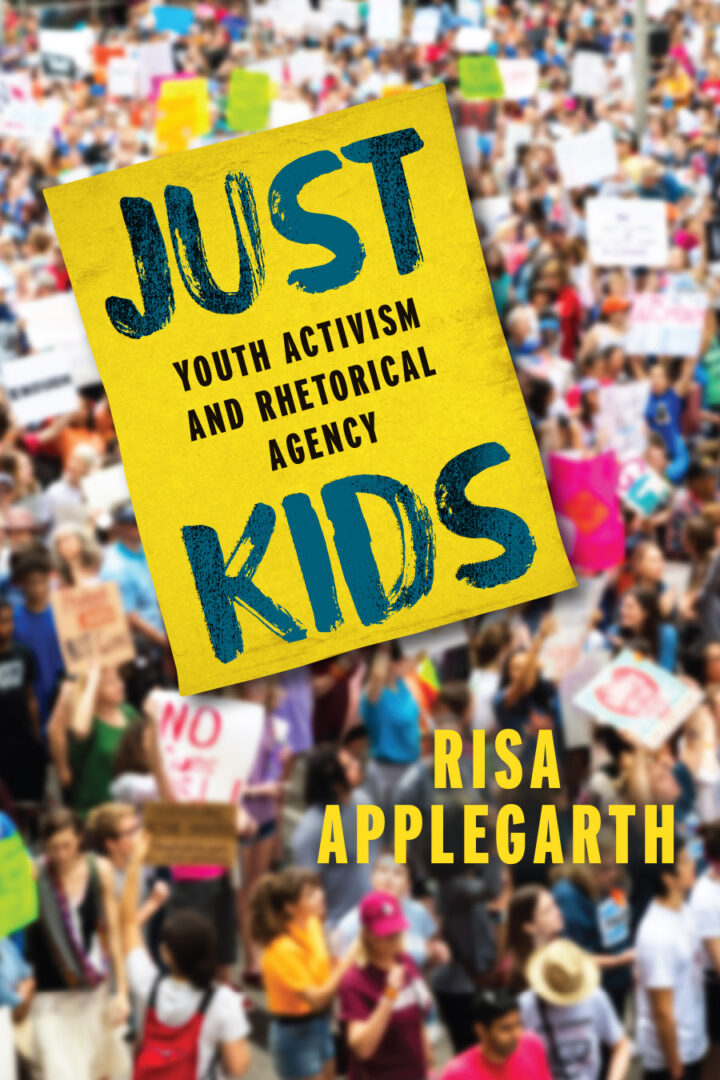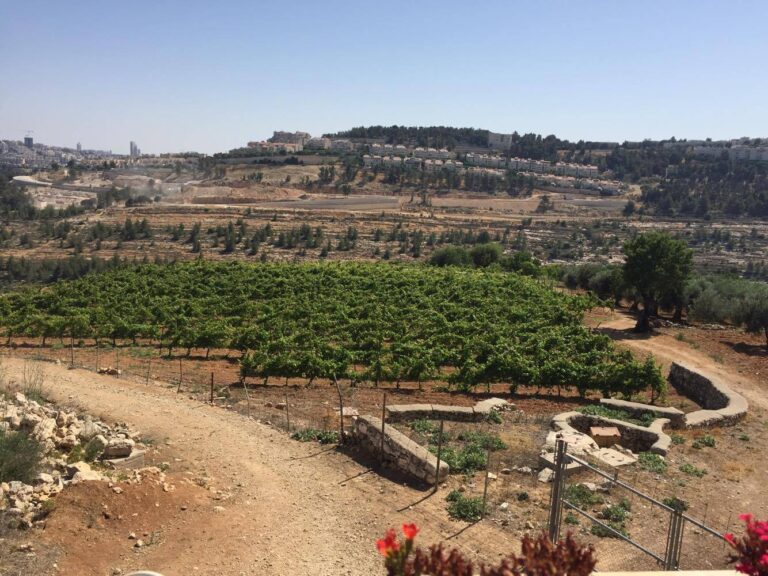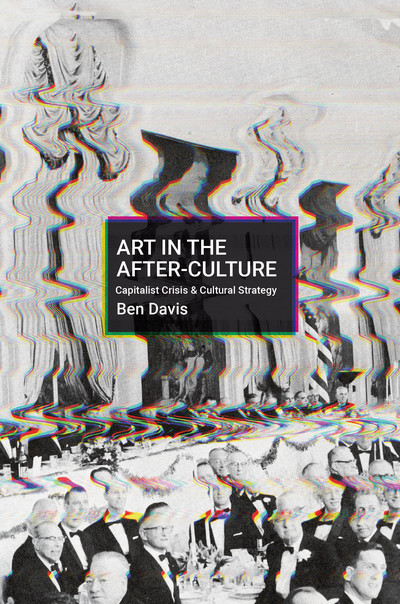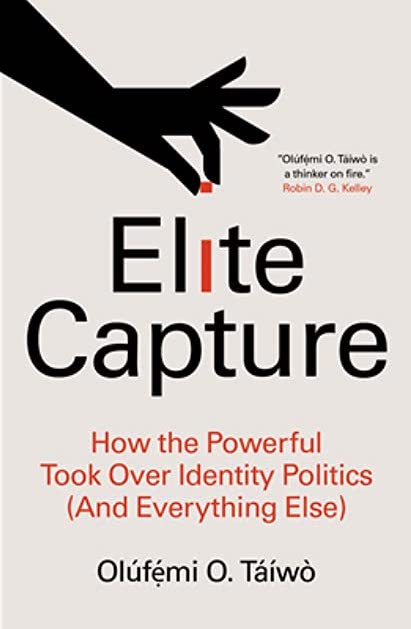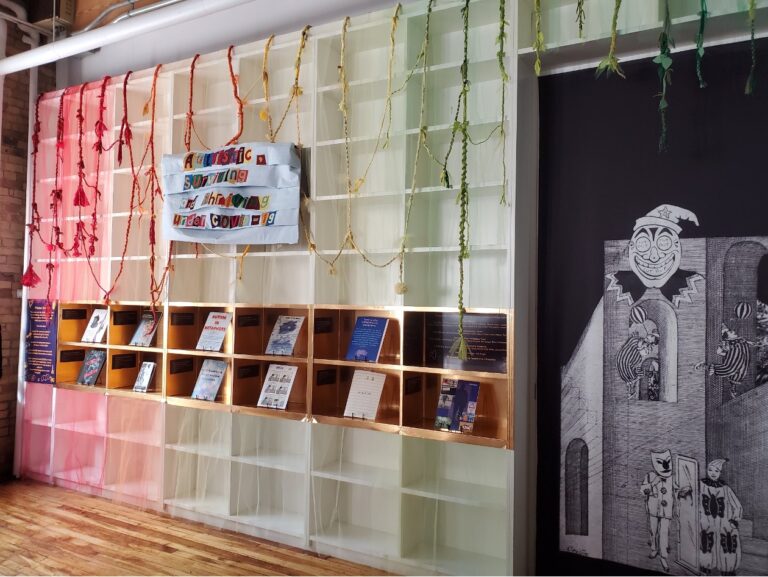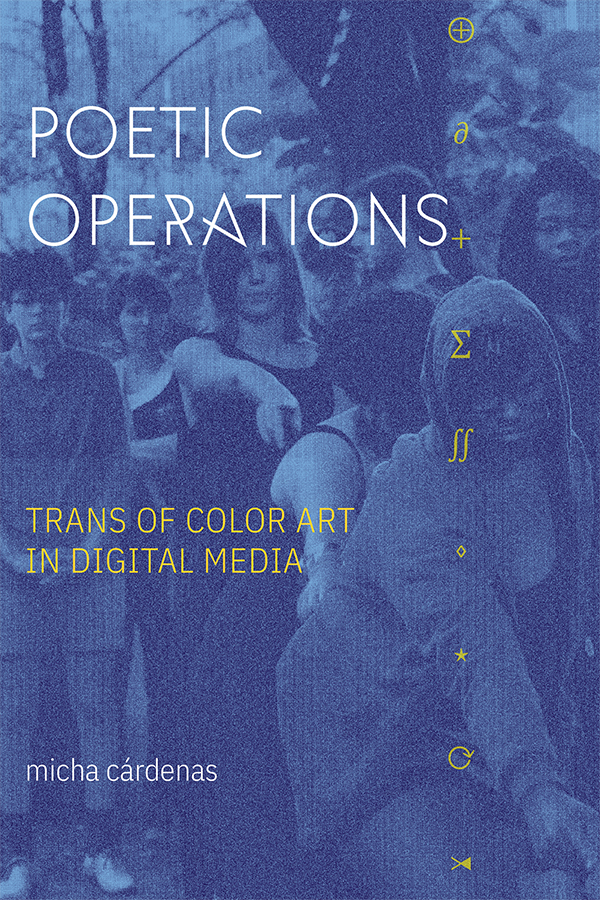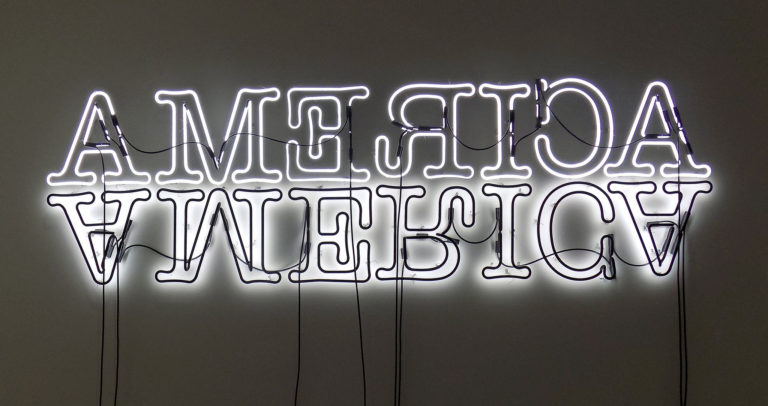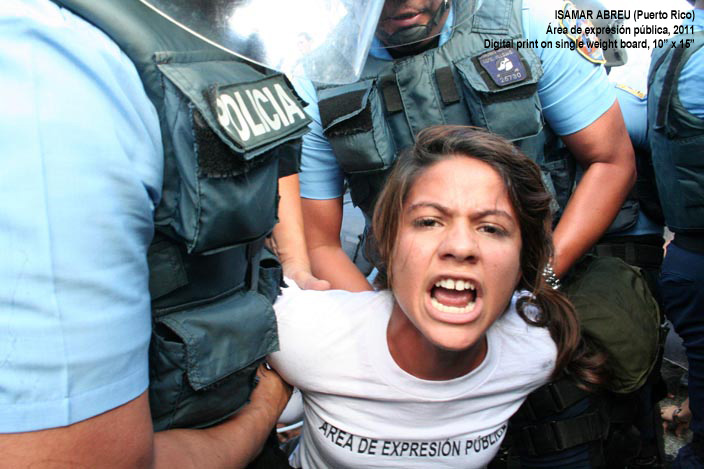This article critically engages with the emerging “media forensic” turn at the intersection of visual culture, new media practice, and humanitarian and political activism. This field purports to subvert dominant forensic and surveillant regimes, weaponizing these mediated modalities to document acts of humanitarian and political violence. Such practices have been widely celebrated for enhancing forms of legal and political accountability and justice. However, there are concerns that these practices may inadvertently mirror the state-sanctioned regimes of control and power they wish to expose, reinforcing settler-colonial histories of the forensic and evidentiary, whilst also excluding counter-hegemonic and experimental modes of emergent media investigation. To address these limitations, this article proposes a radical counter-history and praxis of the forensic, drawing on Indigenous epistemologies and critical decolonial thought. Analysing the work of the Indigenous media collective the New Red Order (NRO), the article argues that their ongoing Culture Capture project (2017–) exemplifies a counter-hegemonic mode of emergent media forensic practice. By asserting Indigenous epistemological agency over such modes of media investigation, the NRO challenges Western forensic practices’ hegemony. The article advocates for expanding the scope of media forensic work to include diverse publics, communities, and aesthetic-political practices that offer subversive, decolonial forms of evidentiary practice.
Keyword: activism
Practical Strategies of Disruption for Dismantling White Supremacy in Ontario’s Education System
This article examines the Ontario education system’s use of surface level practices intended to counter racism but that often fall short of creating authentic and sustainable change. Many schools across the province have focused their efforts on celebrating identity awareness days, weeks, and months, yet these initiatives largely reveal an apparent disconnect in understanding of the significant impact of white supremacy that is deeply embedded within the educational structural system. Stories from students, families, and community members reveal ongoing, often unintentional, acts of harm or violence against Indigenous, Black, racialized, and marginalized students, demonstrating a deep-seated failure to address systemic racism. The article explores the presence of harmful ideologies of white supremacy frameworks that permeate every facet of the education system, including the curriculum, communication, disciplinary actions, assessment, and institutional traditions and practices. By examining these issues, the article offers strategies for disrupting these structures, in order to dismantle white supremacy from the education system to support and empower Indigenous, Black, racialized, and marginalized students. By providing these practical examples rooted in a transnational solidarity lens, the article aims to empower educators to disrupt and dismantle white supremacy in the classroom and promote meaningful and long-lasting change.
Review of Just Kids: Youth Activism and Rhetorical Agency by Risa Applegarth (Ohio State University Press)
Risa Applegarth’s Just Kids: Youth Activism and Rhetorical Agency is a three-part analysis of adolescent activism over the last thirty years. The analysis centers on their activist rhetorical agency so as to reframe youth efforts as not just emblematic of the movements they represent, but as symbols of embodied power in their own right. Each of the three parts is developed around a specific case study set in the United States. Reflexive interviews complement the research and enable participant consideration of subsidiary concepts such as temporality, memory, and materialism.
The Future Isn’t Now: Impossible Action in Political Scholarship
In a world of negation, it is exhilarating to imagine possibilities. Such is evident in the strain of critique that asserts there is something radically productive in opening up possibilities. This makes sense: critical theory seeks to illuminate something beyond endless torrents of death and destruction. But, this essay contends, the thrill of possibility-creation has created a new aporia: the affect gesture of possibility risks overshadowing the realization of radical possibilities. Various strains of scholarship presume that scholarly politics is a matter of perceiving and awakening possibilities. The impulse is most readily clear in utopianist scholarship like that of José Esteban Muñoz, but it’s also evident in work by Saidiya Hartman, Eve Kosofsky Sedgwick, and even Rita Felski. All these materials propose that cultural materials can coordinate possible worlds, and by extension, scholarship competency is to schematize them. But, I argue, the scholarship that follows these thinkers risks becoming trapped by possibility. It’s captivating to imagine new ways of being or living or knowing, but there exists neither the professional incentive nor the affective discipline to realize those possibilities. In our reverie at imagining the construction of a better world, our blueprints don’t necessarily reach the builder—and the indulgence of possibility risks sliding back into despair. This essay does not argue for dismissing the scholarship above, but rather suggests we haven’t read them well enough. Muñoz, Hartman, and Sedgwick are not drunk on hope; their openness to possibility comes from the mute agony of living in an unlivable world. Although a variety of material factors stand in the way of scholar-activism, this affective trap remains one of the most pressing—for if we do not recognize the feelings that structure political scholarship, we will only be playing a language game, projecting possibilities that could never come to fruition.
Holy Wine Online: Deir Cremisan in Digital Space
This article focuses on the visual materials of the Cremisan Winery Estate’s Facebook page to argue that Cremisan’s digital presence is complex and multivocal, eschewing binaries of digital food activism or consumer-oriented marketing. My approach (using digital and “analog” research) grounds media analysis in site visits and sees digital content as a method of creatively resisting oppressive structures and digital space as locations in which interactions occur. I suggest that Deir Cremisan’s Facebook page participates in a complex discourse between contemporary political debates, piety, local and international commodity markets, and the pragmatics of the daily operations of running a vineyard and winery.
Review of Art in the After-Culture: Capitalist Crisis & Cultural Strategy by Ben Davis (Haymarket Books)
The eight essays in Ben Davis’ Art in the After-Culture are centered on the interchanges between cultural production and economic development in contemporary society. Largely told through the lens of leftist aesthetic theory, the book pushes against exploitative notions of capitalist systems and ambitions towards decentralization. Davis likens art to a “survival kit” and advocates for creative practitioners to strategically influence the direction of society.
Review of Elite Capture: How the Powerful Took Over Identity Politics (And Everything Else) by Olúfẹmi O. Táíwò (Haymarket Books / Pluto Press)
The discourse surrounding identity politics has become fraught with misunderstanding and co-optation by forces across the political spectrum. What was once a radical discourse initiated by the queer, Black, and Indigenous feminists of the Combahee River Collective has become a movement defined by incapacity, stigmatization, and misinterpretation. Olúfẹ́mi O. Táíwò sets out to clarify the nature of the identity politics movement and its relationship to the powerful institutions and individuals which have misappropriated the original radicalism of this idea to serve their own political gains. Through a materialist and narrative approach to identity politics and social critique, Táíwò argues that the problem is not with identity politics as such, but a specific power called “elite capture,” which stifles the potential latent in identity politics and genuine leftist social organizing. He concludes that, rather than deferring responsibility and accepting symbolic gestures of empty representation, we must begin to construct a new politics and a new house altogether.
Autistic, Surviving, and Thriving Under COVID-19: Imagining Inclusive Autistic Futures—A Zine Making Project
This article takes up Mia Mingus’ call to “leave evidence” of how we have lived, loved, cared, and resisted under ableist neoliberalism and necropolitics during COVID-19 . We include images of artistic work from activist zines created online during the COVID-19 pandemic and led by the Re•Storying Autism Collective. The zines evidence lived experiences of crisis and heightening systemic and intersectional injustices, as well as resistance through activist art, crip community, crip knowledges, digital research creation, and the forging of collective hope for radically inclusive autistic futures—what zine maker Emily Gillespie calls “The neurodivergent, Mad, accessible, Basic Income Revolution.” We frame the images of artistic work with a coauthored description of the Collective’s dream to create neurodivergent art, do creative research, and work for disability justice under COVID-19. The zine project was a gesture of radical hope during crisis and a dream for future possibilities infused with crip knowledges that have always been here. We contend that activist digital artmaking is a powerful way to archive, theorize, feel, resist, co-produce, and crip knowledge, and a way to dream collectively that emerged through the crisis of COVID-19. This is a new, collective, affective, and aesthetic form of evidence and call for “forgetting” ableist capitalist colonialism and Enlightenment modes of subjectivity and knowledge production that target different bodies to exploit, debilitate, and/or eliminate, and to objectify and flatten what it means to be and become human and to thrive together.
Review of Poetic Operations: Trans of Color Art in Digital Media by micha cárdenas (Duke University Press)
Poetic Operations by micha cárdenas critically engages theory, activist, art, design, and lived experience to develop “trans of color poetics” to disrupt systems marking trans of color lives for death.
Introduction
Gwyneth Shanks discusses the scope of Not a Trump Issue, which privileges resistant actions that are never reducible to nor fully concerned with the Trump Administration’s policies and actions. In the wake of the Administration’s tacit and overt support of white supremacist and sexist ideologies, deregulation, global climate change denial, and attempts at voter suppression and the criminalization of communities of color, “Not a Trump Issue” questions how radical, anti-racist, feminist scholars, artists, activists, and educators can enunciate their own forms of resistance. The issue privileges actions that are engaged with surfacing deeper historical structures of inequity or dispossession; the issues at stake for the authors in “Not a Trump Issue” is not not Trump nor our political present, but always already our collective pasts.
Sideways Fences: Resisting Gentrification in Boyle Heights, a Los Angeles Community
From the introduction of hipster IPA beer to fences that go sideways (instead of up and down), Oscar Arguello’s Sideways Fences (2017) explores the gentrification of Boyle Heights, a predominately Latino/a community near downtown Los Angeles. Sol, the main character, is pregnant and lives with her boyfriend Estéban, who drinks too much and spends his discretionary time fixing up a ’52 Chevy. Early in the play, Eva, Sol’s sister, crashes with the couple. The play centers around the trio’s stressed relationship and Sol and Estéban’s upcoming eviction, which is related to the creation of new condos. While at first glance the play appears to embrace common stereotypes including the wayward Latina (Eva) and the alcohol prone Latino, a closer analysis illuminates Arguello’s artistic layering of stereotypes to make legible the conditions/structures that produce the situations in which the trio find themselves.
Manifestos, an Introduction
Because the manifesto was written to spark a dialogue rather than advance a particular program, we have chosen to present it here as part of a dossier of interrelated documents produced by youth-oriented communities struggling against global systems of exploitation and oppression. Whether produced in the barricades of Río Piedras or the reclaimed streets of Cairo, these calls to action and understanding critique intersecting systems of exploitation and gesture to points of solidarity and coalition-formation. In doing so, they open up spaces for imagining new futures and they create the conditions in which such a future may indeed come to pass.
Postcool
Francesco Salvini asks what it means to translate the categories of postcolonial thought in the practices of organisation of a subaltern neighbourhood trapped in the hurricane of valorisation and abstraction of urban space. Salvini presents an analysis of what he calls an ‘audio-visual inquiry’ conducted by a collective of political activists organising in the Raval in Barcelona. The laboratory of Postcool sought to find ways to learn about the subaltern histories of the Raval that are made invisible. Salvini discusses the ways in which the collective investigated how these subaltern histories of the Raval inscribe themselves in the urban design of the city in their relevance for organising against gentrification in the context of postcolonial capitalism.


